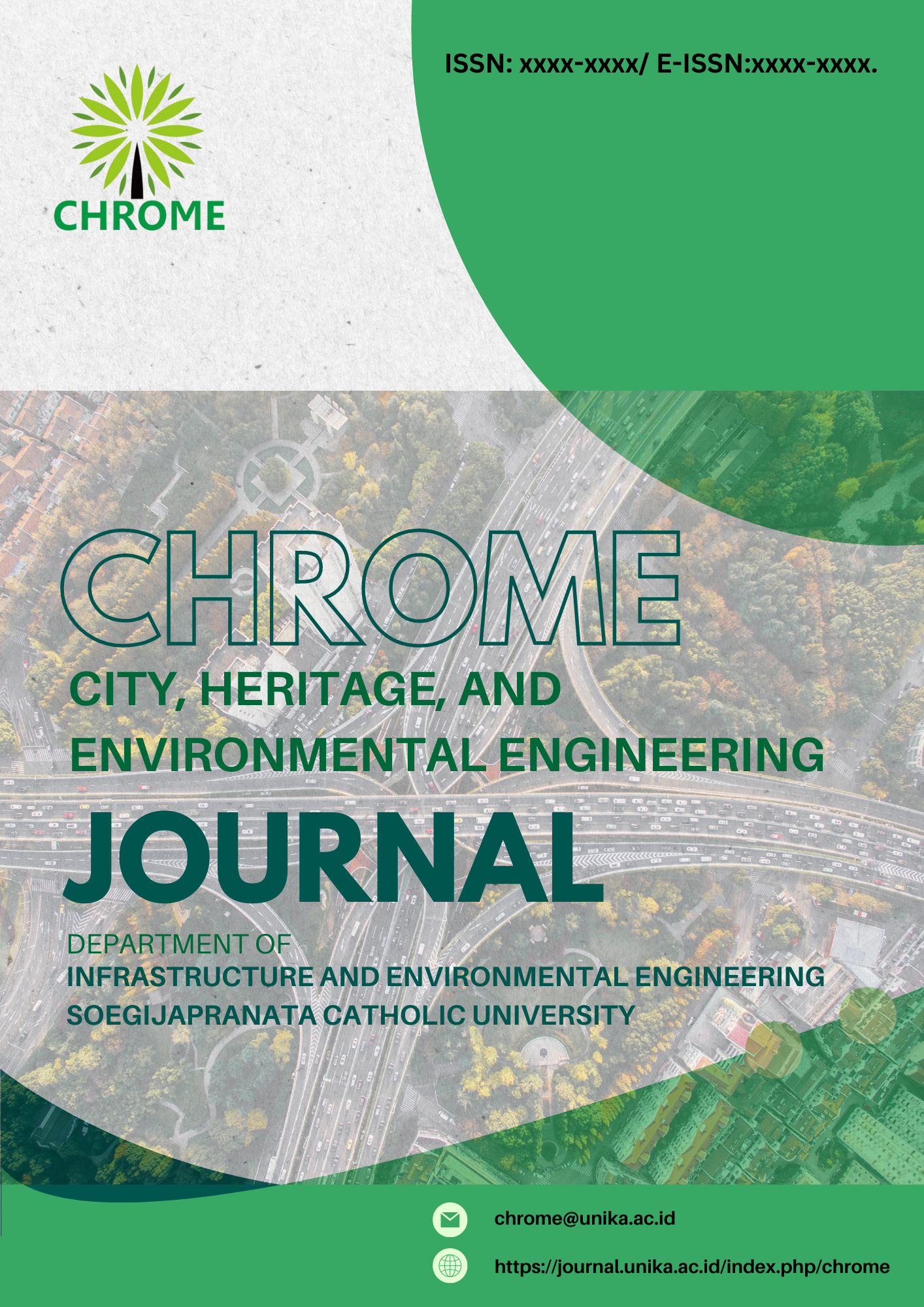Implementation of Cleaner Production Technology to Reduce Environmental Impact of Tofu Production
Abstract
This study aims to analyze the implementation of clean production technology in small-to-medium-scale tofu industries, focusing on its economic, environmental, and social impacts. A case study was conducted at YS Tofu Semarang using qualitative methods, including in-depth interviews and observations to capture the operational practices and challenges faced by tofu producers. The findings reveal that using nigari as a natural coagulant offers substantial advantages, such as improved cost efficiency, enhanced product quality, and reduced environmental impact. Nigari, which is rich in magnesium and calcium, not only boosts the nutritional content of tofu but also results in a softer texture and superior taste, making it more appealing to health-conscious consumers. Furthermore, the by-products generated during tofu production can be efficiently utilized; liquid waste can be converted into innovative products such as organic fertilizers, while solid waste serves as valuable livestock feed. These practices significantly reduce production waste, supporting a circular economy model. To further enhance sustainability, this study recommends integrating advanced waste treatment technologies and promoting awareness among producers about the benefits of clean production. Overall, adopting nigari-based production aligns with global sustainability goals and enhances the competitiveness of tofu industries in local and international markets.
Keywords
Full Text:
PDFDOI: https://doi.org/10.24167/chrome.v1i2.12909
Refbacks
- There are currently no refbacks.
Copyright (c) 2025 CHROME: City, Heritage and Environmental Infrastructure Engineering Journal
ISSN cetak - | ISSN online - | View My Stats







